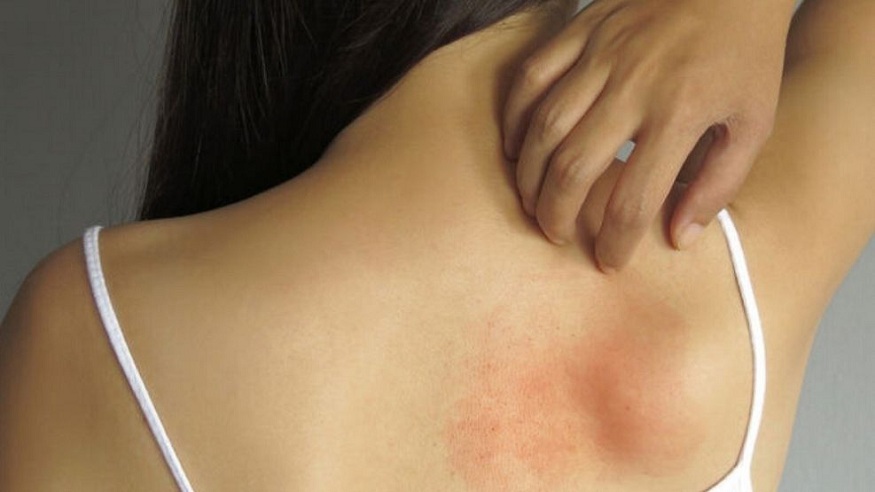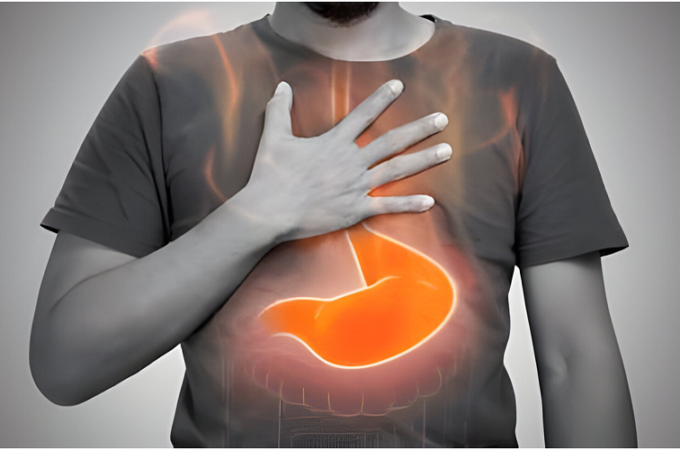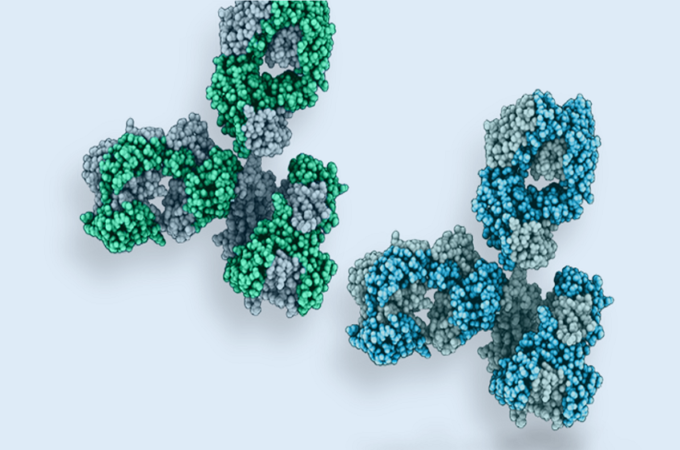
You could be at risk of Herpes Zoster – how to stay safe?
Herpes zoster is a condition caused by the reactivation of the varicella-zoster virus, which remains dormant in the body after a chickenpox infection. This reactivation typically occurs when the immune system weakens due to age, stress, illness, or other factors. As the virus awakens, it travels along nerve pathways to the skin’s surface, resulting in the characteristic painful rash and a host of distressing symptoms.
Recognising the Herpes Zoster Symptoms
Herpes zoster manifests with a range of symptoms, which can vary in severity. Key herpes zoster symptoms to watch out for include:
1. Pain
Shingles often begins with intense pain, burning, or tingling sensations in a specific area of the body. This pain can be debilitating and is one of the earliest signs of an impending outbreak.
2. Rash
The most recognisablesymptom is the development of a painful, blistering rash. The rash usually appears on one side of the body, following the path of a nerve. It can be extremely painful and may last for several weeks.
3. Itching
The rash can also cause itching, which can add to the overall discomfort.
4. Fever and Chills
Some individuals with shingles may experience a low-grade fever and chills.
5. Fatigue
Shingles can be physically and mentally draining, leading to fatigue and a general feeling of unwellness.
How to Stay Safe from Herpes Zoster?
There are measures you can take to significantly reduce your risk of developing shingles. Here are some steps to consider:
1. Vaccination
The most effective way to prevent herpes zoster is through vaccination, as it is one of the vaccination-preventable diseases. Immunisationagainst shingles, approved for adults over the age of 50, is highly effective in reducing the risk of shingles and its complications. It’s a one-time vaccination that can provide long-lasting protection.
2. Maintain a Healthy Lifestyle
Manage Stress
Chronic stress can weaken the immune system, increasing the risk of shingles. Incorporate stress-reduction techniques such as mindfulness, meditation, and exercise into your daily routine.
Eat a Balanced Diet
A diet rich in fruits, vegetables, and whole grains can bolster your immune system. Vitamins and minerals, such as vitamin C, vitamin D, and zinc, play a crucial role in maintaining immune health.
Get Adequate Sleep
Prioritise quality sleep to ensure your body has the opportunity to rest and recover, which can help strengthen the immune system.
Exercise Regularly
Regular physical activity is associated with a lower risk of shingles. Aim for at least 150 minutes of moderate-intensity exercise each week.
How Does Shingles Get Transmitted?
While you cannot contract shingles from someone with the condition, exposure to the rash can transmit the varicella-zoster virus to those who have not had chickenpox or received the chickenpox vaccination. This transmission can lead to a chickenpox infection rather than shingles. Therefore, understanding how shingles is transmitted is essential in preventing the spread of the virus.
Conclusion
Herpes zoster, or shingles, can be extremely painful for adults. However, through vaccination and maintaining a healthy lifestyle, you can significantly reduce your risk of developing this condition. By consulting a healthcare provider and taking proactive steps to protect your health, you can enjoy a higher quality of life and reduce the chances of being at risk for herpes zoster. Prevention is the key to staying safe and avoiding the painful effects of this condition.





